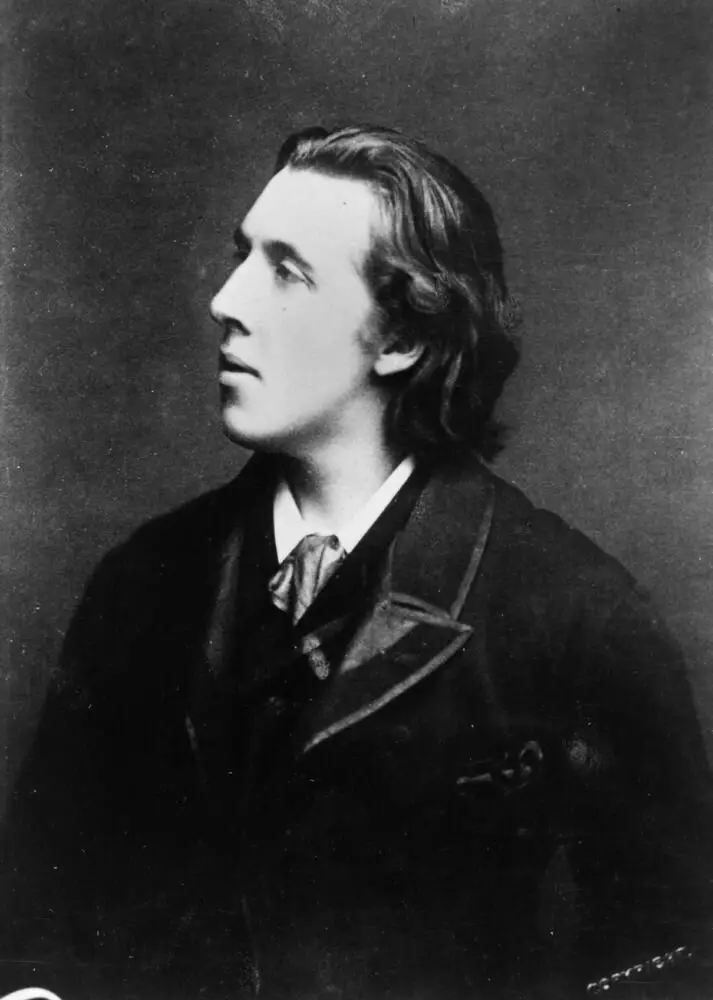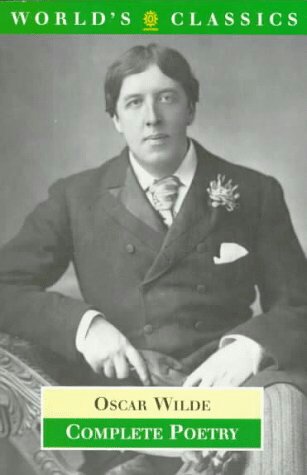Quia Multum Amavi by Oscar Wilde. Read about other popular works by Oscar Wilde. This poem gives us a hint of eternal and unconditional love for someone. Oscar Wilde implies through his words that love is something that flows. True love expects nothing in return.
Text Poem: Quia Multum Amavi
When first he takes from out the hidden shrine
His God imprisoned in the Eucharist,
And eats the bread, and drinks the dreadful wine, Feels not such awful wonder as I felt
When first my smitten eyes beat full on thee,
And all night long before thy feet, I knelt
Till thou wert wearied of Idolatry.Ah! hadst thou liked me less and loved me more,
Through all those summer days of joy and rain,
I had not now been sorrow’s heritor,
Or stood a lackey in the House of Pain. Yet, though remorse, youth’s white-faced seneschal,
Tread on my heels with all his retinue,
I am most glad I loved thee – think of all
The suns that go to make one speedwell
blue!
The Poet
Oscar Wilde, an enigma in himself, wrote a wide plethora of poems. These range from romantic love poems to horror poems to poems about God and pilgrimage.

He has inspired generations of writers during and after his time. A legend and a master of words, Wilde remains a favorite even to this day.
Review of Quia Multum Amavi
Oscar Wilde addresses his Heart, rather, the woman who he has given it away to. He writes about his passion for her, how he worships her and rejoices in her presence.
However, as we come to know subsequently, the lady probably had no feeling greater than a kind of fondness for him. A kind of liking that could not have been mistaken for love. And that is what pains him.

Although heartbroken, Wilde confesses how he will continue to love her irrespective of her feelings towards her.
The heart loves for the sake of love and with no conditions and premonitions. A wonderful poem and an even more beautiful way to express such a simple thought!
More Info On- Daybreak by Henry Wadsworth Longfellow, The Brook, and the Wave, Aftermath